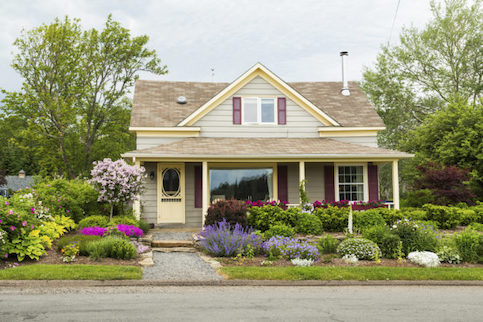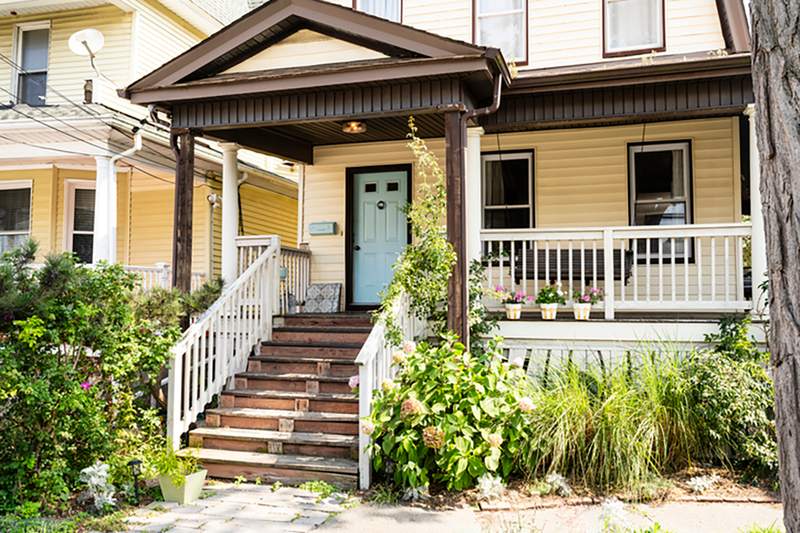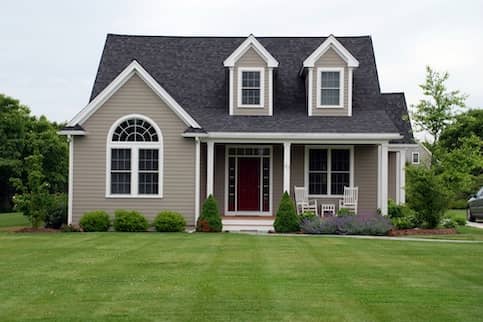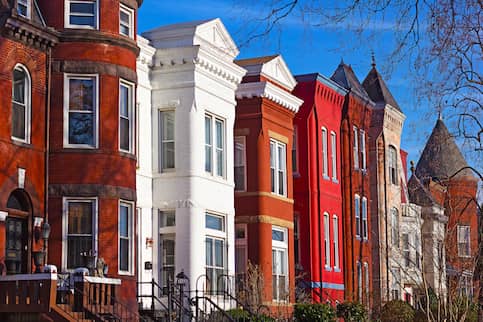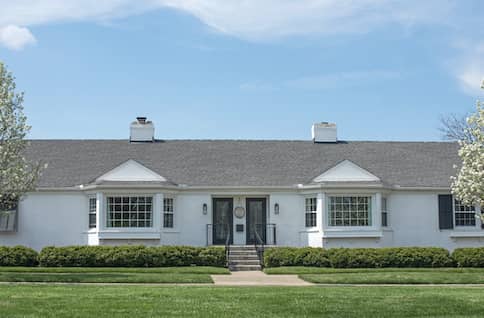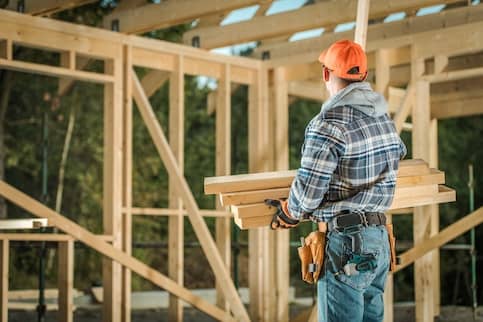If you’re planning on moving, you might consider whether to turn your current home into an investment property by renting the house out rather than selling it. Before we get into the weeds, let’s take a moment to understand the definitions of these property types.
Primary Residence: This is the home you live in, whether it’s an apartment or a house. You can only have a single primary residence at a time. When buying a home as your primary residence, there are often perks, such as a lower interest rates, a lower down payment and, in some situations, tax benefits.
Investment Property: This is a property that’s been purchased for the purpose of creating income, such as an apartment. When purchasing a house as an investment property, you’ll often need a larger down payment and pay a larger interest rate.
Why Turn Your Home Into A Rental
Typically, people sell their homes when they move, taking the equity they’ve built in one house and applying it to the next. But not always. Some savvy homeowners convert their primary residences into investment properties. This is typically done for one of two reasons. First and foremost, a homeowner might go this route if the housing market is struggling. If they’re concerned their home’s value has dropped, they can hold off on selling the property, rent it out to pay for the monthly mortgage payments and then sell it when the value has risen. During the financial crisis of 2008, many homeowners went this route, staying afloat while the economy got back on its feet.
Another common reason to turn your primary residence into a rental is to increase your income. This path can be a great opportunity, often with a better return on investment than the stock market. Furthermore, if the home was originally purchased as a primary residence, it likely had a low interest rate. When you transition your home to an investment property, you’ll be able to keep this perk.
That being said, going this route comes with its own set of challenges, so before you put the “For Rent” sign on your front lawn, take some time to think about the pros and cons of being a landlord.
See What You Qualify For
Buy A Home
Discover mortgage options that fit your unique financial needs.

Refinance
Refinance your mortgage to have more money for what matters.
Tap Into Equity
Use your home’s equity and unlock cash to achieve your goals.
How To Turn Your Home Into A Rental
When you turn your primary residence into an investment property, there are many mortgage and tax implications, so you should consider working with a certified public accountant to make this transition a smooth one.
Your Mortgage
When it comes to your mortgage, the biggest consideration is the length of time you’ve lived in your primary residence. With any mortgage, you’ll be asked to sign a legal document stating you intend to occupy the property as your primary residence for a specific amount of time (typically one or two years). For instance, let’s say that your mortgage company requires you to live in your primary residence for a year. You won’t be allowed to turn that property into a rental before the year is up. If you try to, it could be considered mortgage fraud, which can come with some hefty consequences.
If you are considering transitioning your home from a primary residence to an investment property after the period of occupancy has passed, you should be free and clear to do so.
Another variable to consider when turning your home into a rental is your next primary residence. After all, you’ll have to live somewhere when you move. Before you make the switch, spend some time talking through the numbers with experts.
Taxes
Once you convert your home into an investment property, the taxes will be handled differently. Unlike with a primary residence, you’ll be able to make a wide variety of deductions on your investment property taxes. Utilities, homeowner association fees, repairs to the house, insurance, property taxes, mortgage interest and more can be deducted each year. There are other potential deductions, such as depreciation, that should be considered as well.
You should also contact your tax assessor’s office if you qualify for a homestead exemption. Since the homestead exemption can only be applied to a primary residence, there’s a good chance that, once you turn the house into a rental, you’ll have slightly higher taxes on that property.
Home Insurance
Before you begin this transition, be sure to speak with your insurance company. You’ll need to switch your current insurance to rental property insurance. Request personal liability insurance as well, which will protect you against being sued by a tenant. In some cases, switching to rental property insurance will actually lower your rates, as it covers the building but doesn’t cover renters’ personal items.
Moving Forward
If you decide that turning your house into a rental is right for you, take some time to think through the challenges. Turning your current home into an investment property can have some appealing advantages, but it takes proper planning to make it a reality. Make sure you do your due diligence before moving forward with this option.
Find A Mortgage Today and Lock In Your Rate!
Get matched with a lender that will work for your financial situation.

Patrick Chism
Born and raised on a farm in the Ozarks, Patrick Chism has a knack for making the best out of the worst situations. Where others see flooded farmland, he sees lakefront real estate. Where others see an infestation of bees, he sees free pollination and an upstart honey shop. Patrick’s articles will help you make the most out of the least, maximizing your returns while keeping a close eye on the wallet. When he’s not writing, Patrick likes hiking, gardening, reading and making healthy foods taste like unhealthy foods.
